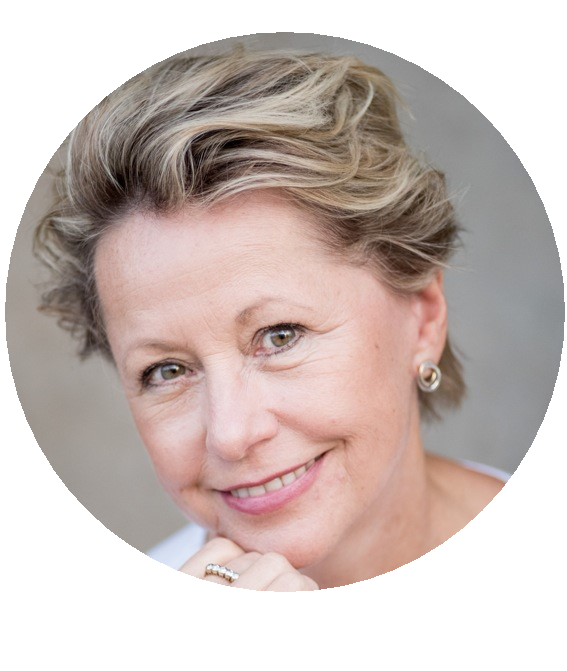16.10.2019, Basel, Switzerland
 |
Clinerion: How will Real-World Evidence support healthcare? Can you provide us with an example of how you use RWE at O.I.s)? Lenka Kellermann: Real-world evidence not only supports but also improves healthcare, in multiple ways. At O.I.s), we've been analyzing real-world data in the most prevalent solid tumors, such as metastatic colorectal cancer or NSCLC (Non-small-cell lung carcinoma), and in some haematological malignancies such as multiple myeloma, and we compared the patient characteristics and the outcomes with the results of clinical trials. [...] |
|
|
[continued] We found out that there are significant differences in patient characteristics between clinical reality and clinical trials. This data was published early on and was confirmed in many other publications. So, as a first result, real-world evidence obtained from real-world data enables the development of realistic clinical trial designs, via the design of better protocols, which reflects the real patient population better. Moreover, real-world evidence arising from real-world data enables us to identify [typical] profiles of patients who would benefit from a specific therapy and to encourage corresponding clinical trial development. Patients with an unmet therapeutic need gain access to appropriate medication. Another important aspect of real-world evidence is the comparison of real-world treatment algorithms with the recommendations in clinical guidelines. When we published our data earlier, the medical public was shocked about the large gap between assessed standards and real life. The revealed disparities have been discussed at Plenary Sessions at several medical conventions. The reasons potentially lie in the patient’s local healthcare structure, or in their access to diagnostics and treatment. Clinerion: How do we use patient-reported data, concretely? How do we get more patients to report on their own experience, with better quality of reporting? Lenka Kellermann: For more than 20 years, we have been collecting a lot of clinical data. And now, we're able to achieve a holistic view on cancer treatment by using self-reported patient experience and outcomes. Of course, all the data is strictly anonymized and we publish only aggregated results. We do not sell or forward the data to any external source. Our partner, Andaman 7, provides an approved app for self-reporting and for the upload of patient file/ documents. In a pilot project, we asked patients with multiple myeloma about their expectations and experiences with health apps, and we also asked them about their unmet needs. Surprisingly, patients aged more than 60 years, elderly patients, are very open to using such new, digital apps. When we asked them if they wanted to upload their patient file, they were very enthusiastic about it! Even more surprising: 99% of the patients we worked with were willing to share their data for scientific purposes with us or with a research partner of ours. To encourage patients to take part, we work on the basis of a frequent and continuous collaboration with them. How ? We work together with patient organisations and, if a patient takes part in a survey, we donate to the patient organisation. In this way, the patients themselves don't "benefit" financially, but their patient organisation does - and that does motivate them. But, more importantly, we share the data analyses with the patient advocacy groups and with the medical associations. In this way, we help both parties understand each other. |
||







